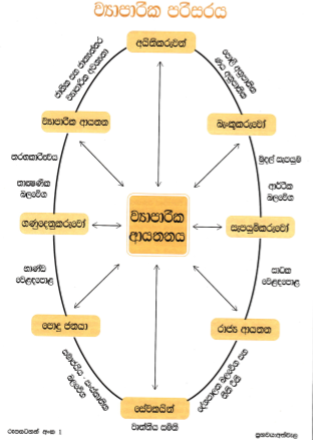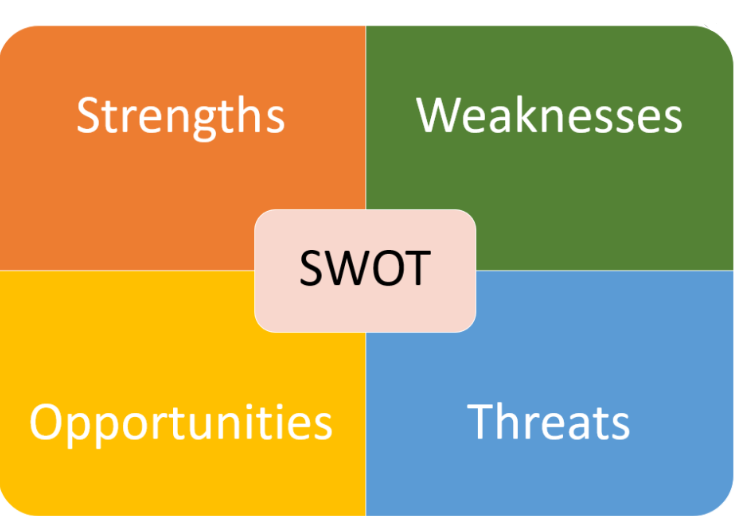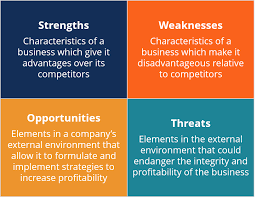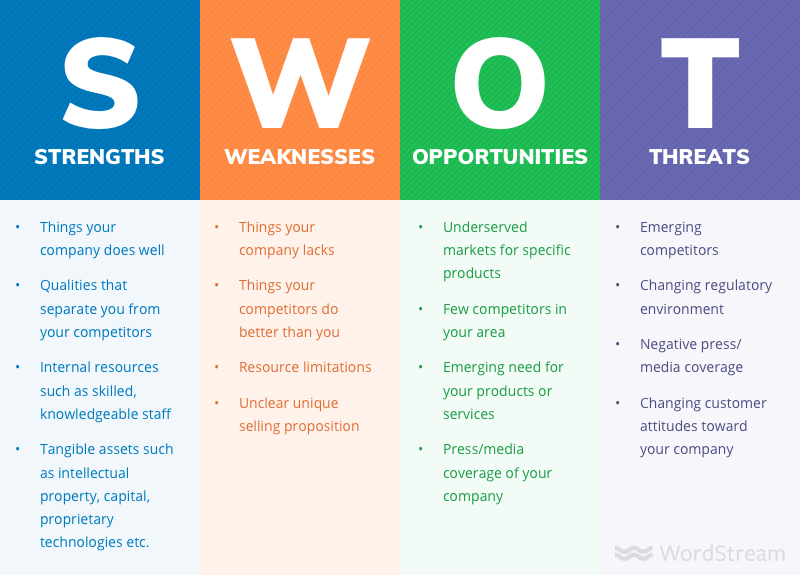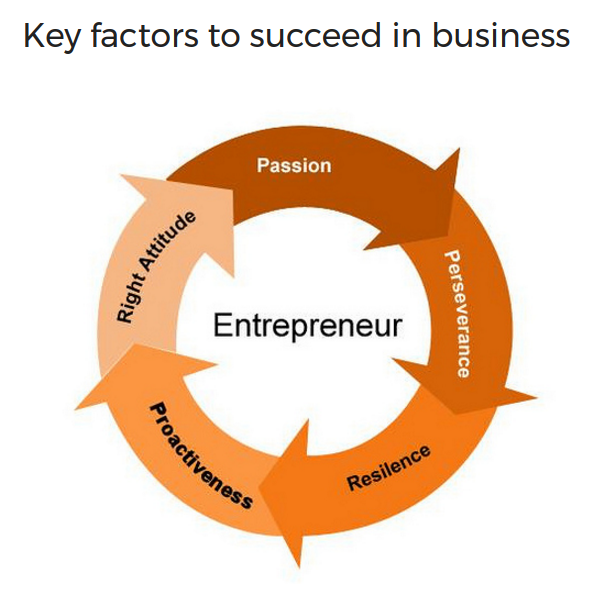
The knowledge and skill levels of small business owners need to be improved if a country wishes to improve the productivity of its small business sector.
NOTE: Going down memory lane, this is an article first published in the Small Business International Magazine in 2003. This article describes an innovative method used by the House of Athwela, publishers of Small Business International, in teaching business to the small and medium size business owners and managers.
Teaching has been one of the oldest professions practiced by the homo sapiens. The newborn baby is taught how to suck the breast of his mother, and then the teaching activity begins.
Learning is the other side of teaching. The newborn calf, after being cleaned by its mother takes the first jaunt and then returns to have its first feed.
The methods used in teaching and learning vary from society to society; from one community to another, from one school of thought to another; and from one university to the next.
An analysis of the methods used by the early Greek philosophers show that they were interested in increasing the effectiveness of their methods of teaching. Yet the sterile lecture method continues, not only in universities, but also in almost all schools at all levels of teaching.
The methods of teaching and learning are now being revolutionized. Some universities are now offering courses without the students having to be at the university. This is a mode of distance learning. Educators searching for better methods of helping people acquire the knowledge they need, are exploiting the versatility of the Internet and information technologies. Recently we encountered a physician in Sri Lanka using a web site that teaches acupuncture.
Doing business is one of the most complex subjects to teach; it is more difficult to learn than to teach. Therefore, we – at the House of Athwela – went in search of new methods of imparting knowledge to the small business owners and managers who are our readers and participants at our seminars. Our objective was to help them gather the knowledge they require to climb up the success ladder; to help them flourish and grow.
In Sri Lanka, as everywhere else in the world, many of those who are engaged in managing their own business operations do not have sufficient knowledge in conducting their activities. Their knowledge and skill levels need to be improved if a country wishes to increase the productivity levels of the small business sector. If that could be done, the productivity of the world economy will automatically be improved. The ultimate result would be an acceleration of the global economic growth rate.
The Case Study Method
The case study method of teaching business management is one of the methods that has been used very successfully all over the world. Harvard Business School, one of the most prestigious universities in the world, is given the credit for introducing and popularizing this method.
The case study involves the writing of a case by an experienced teacher, after considerable research, normally based on an actual experience of a business firm. The writer of the case first studies the problem, identifies the objectives of the business and provides an account of the problem. The students are then required to study the facts given. Generally the students in small groups discuss the case and solutions are generated after careful analysis. In the case method the students are normally expected to assume that their knowledge is limited to the facts given in the case study and they are requested to solve the problem within the parameters defined.
Several groups studying the same case may come into different conclusions. Hence the solutions to the problems can vary from group to group and from individual to individual. In the ultimate analysis students learn that a problem can be solved in many ways. Solutions are not limited to one right answer.
Almost all the professions use the case study method to teach their juniors. In the legal profession actual cases are reported and published. What are made use of in this instance are the interpretations given by various judges in delivering their decisions.
The case study method is not new. It has been made use by founders of great religions. In Buddhism there are more than 550 known stories as given in the ‘Jathaka Potha’ or the Book if Lives where life stories of previous births of the Buddha are narrated. All teachers of Buddhism use these stories in teaching the basic lessons of the Buddha.
A New Approach
The House of Athwela (publishers of Small Business International).in its search for innovative methods of teaching business to its core readership of small and medium size business owners and operators, has evolved a novel method of helping the business people to learn business. We selected the case method as practiced by millions with good results and modified and improved upon it.
In the Athwela method, there are two components: the knowledge is carefully crafted by the case writer and is published through the Athwela Business Journal, a sister publication of SBI, The case of Athwelage Sarath is the first case developed by Athwela and has been in use since 1998.
Athwelage Sarath is Born
The core material is about Athwelage Sartah, the chief character created by the editors. This fictitious young man is introduced to the readers through a letter written by him to his mother from the Middle East where he was employed prior to starting his business. He writes to his mother thus.
My contract will soon be over.
I wish to start a business of my own when I return home.
All what I have today are my savings.
I have not learnt anything here except driving in the desert.
Can you please ask my father to identify a good business idea for me?
Sarath had also expressed his willingness to be independent and not go back to work with his father in his vegetable shop, where he had worked earlier after leaving school.
With this story, Athwela readers were requested to identify a business for Sarath considering his circumstances and his experience.
Selecting a Business Idea
During the second stage, with the suggestions received from the readers of the journal and from the listeners of radio programmes conducted by us, Athwela Research Unit commenced working to find out what Sarath should choose as his future business. By this time our readers had rechristened him as Athwelage Sarath.
Those who came up with suggestions had given reasons for their conclusions. In the final analysis it was agreed that he should go into the business, which he knows: vegetables. Instead of going into the retail business like his father, it was suggested that Sarath stats a wholesale operation of buying vegetables from growers and supplying to retailers.
The arguments given were logical and had strategic implications for Sarath. He had considerable experience in the vegetable trade and knew well the customers he was planning so serve. What ha had to learn was only how to collect vegetables from the growers. Here, his father’s experience would prove useful.
Sarath’s resources base was also taken into consideration. He had some savings of his own. He was given the permission of his family to use the house, which his father had built (and was planning to present to Sarath at a later stage), for his business. Colour and variety are part Sarath’s story. Unlike in the sterile case study method, where facts will always remain the same or open for assumptions, Sarath’s story is an ongoing one. His experiences and the lessons he learns everyday are reflected and shared by his family and friends. He is living in the same world that we live in and get affected by all that we get affected by.
At the formative stages, when the case was discussed with bankers and leasing companies during radio programmes conducted by the Athwela Business Journal, the Sinhala Magazine (better known as ‘Athwela Vyaparika Sangarawa’) there was general agreement that finances could be made available to Sarath to purchase a vehicles and also to finance his working capital requirements. With this background information on the table, Sarath commenced his business as a wholesale enterprise in vegetables.
Business Growth and Diversification

After Athwelage Sarth commenced his business he prepared periodic reports about his operations to his management team, which comprised of his father, Athwelage Piyaratne, and other family members. When the initial start-up struggles were over and daily operational issues became more manageable, he had decided to look out for ideas for diversification of his operations.
A series of articles about business diversification strategies that commenced in the Athwela Business Journal then provided the theoretical background for his diversification plans. The series analyzed the strengths and weaknesses of his business and looked at opportunities and threats arising in the external business environment. Then the articles moved on to helping Sarath or any other entrepreneur to select the best idea from among a multitude to be chosen as a development project.
Looking for new ideas and opportunities for expansion, Sarath was made to visit the real jungles of the business world. He met with decision makers and posed the questions, which he thought were relevant to his business. He visited supermarket with the objective of expanding his operations and learnt how supermarkets purchase goods and pay for them. He learnt the necessity of being quality conscious and how to cope up with quality standards.
He also visited financial organization seeking finance to expand his operations. He discussed his problems of record keeping and accounts with a firm of auditors and sent his wife. Sumalee, for training, All that Sarath and Sumalee learnt were reported in the Athwela Business Journal as a continuing series articles.
Response to Athwelage Sarath
The response received from the readership was very encouraging. On their request, Sarath visited a merchant bank and a venture capital company and reported what he had learnt in his discussions with the financiers Sarath also discussed his diversification plans with an agriculturist and he was advised to change them.
Some companies made use or Athwelage Sarath to educate their prospective customers about the products and services they promote.
The future
Sarath keeps on moving, from one type of business to another and from one type of organization to another, so that what he learns is added to the knowledge base of our readership.
Athwelage Sarath is a man of our times. He is someone that anyone from whatever humble background can identify with. He is a man of positive attitudes and enthusiasm; of boundless energy and drive. Originally his experiences enhanced the reading experience of our readers in Sinhala through the ‘Athwela Vyaparika Sangarawa’ Now he will also be seen on the pages of Small Business International and on our website: smallbusiness.lk.
The role of Sarath is very simple; he roams the labyrinths of the business world, meets with decision markers, comes back and reports his experiences through our publications.
As Athwelage Sarath moves up the ladder of success in business, it is the wish of his creators that this ‘living’ case study will enable many others who seek knowledge of the business world within the pages of our publications to do the same. We will support Sarath all the way to becoming a diversified business conglomerate – if that seems to be the best path he should take.
First published in the Small Business International Magazine, 2003
Nihal Dissanayake is the Editor in Chief and founder of ‘Athwela Business Journal’ the only magazine in Sri Lanka targeting the small and medium businesses and start – ups in the Sinhala language.
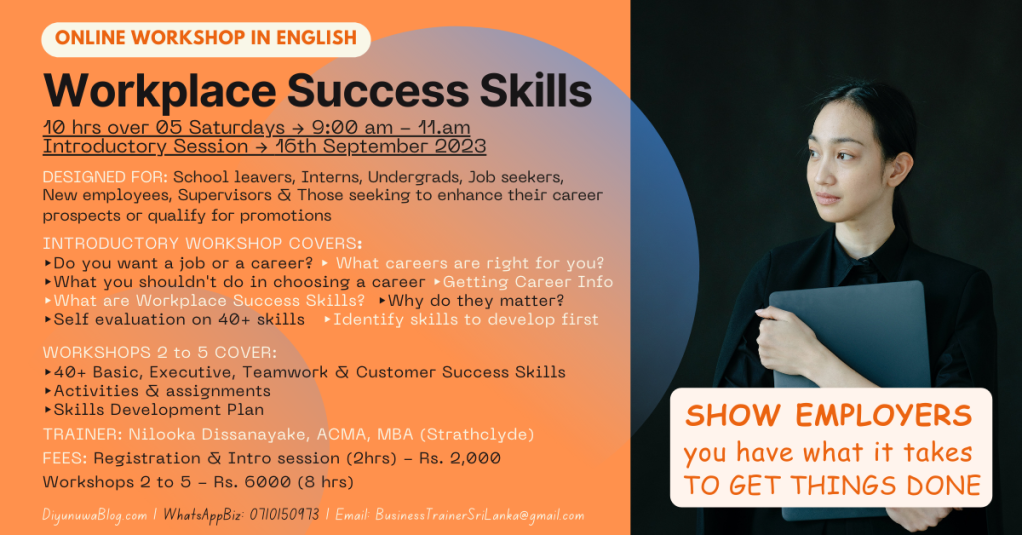

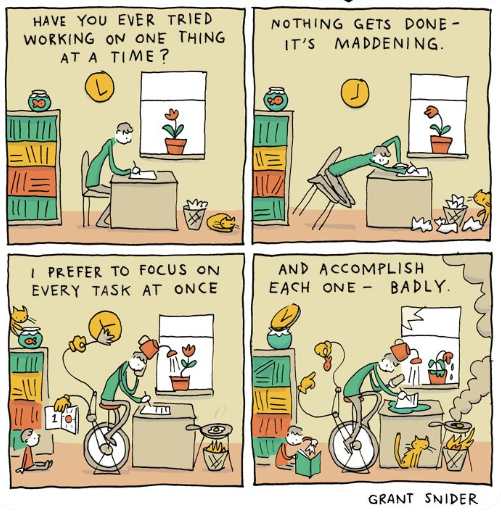
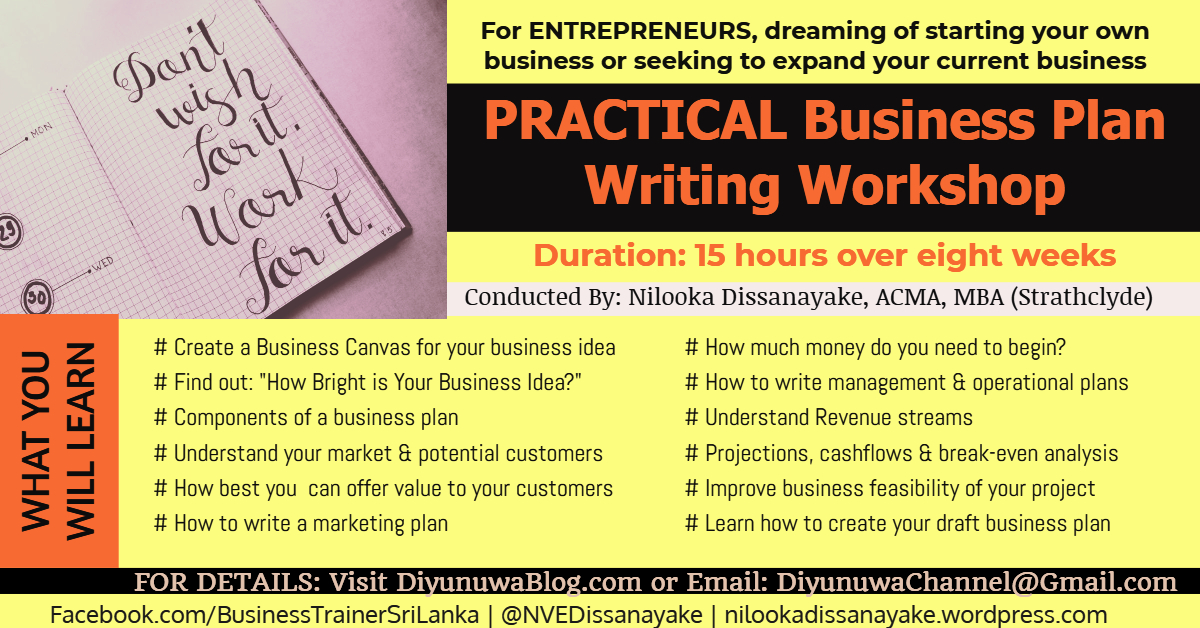
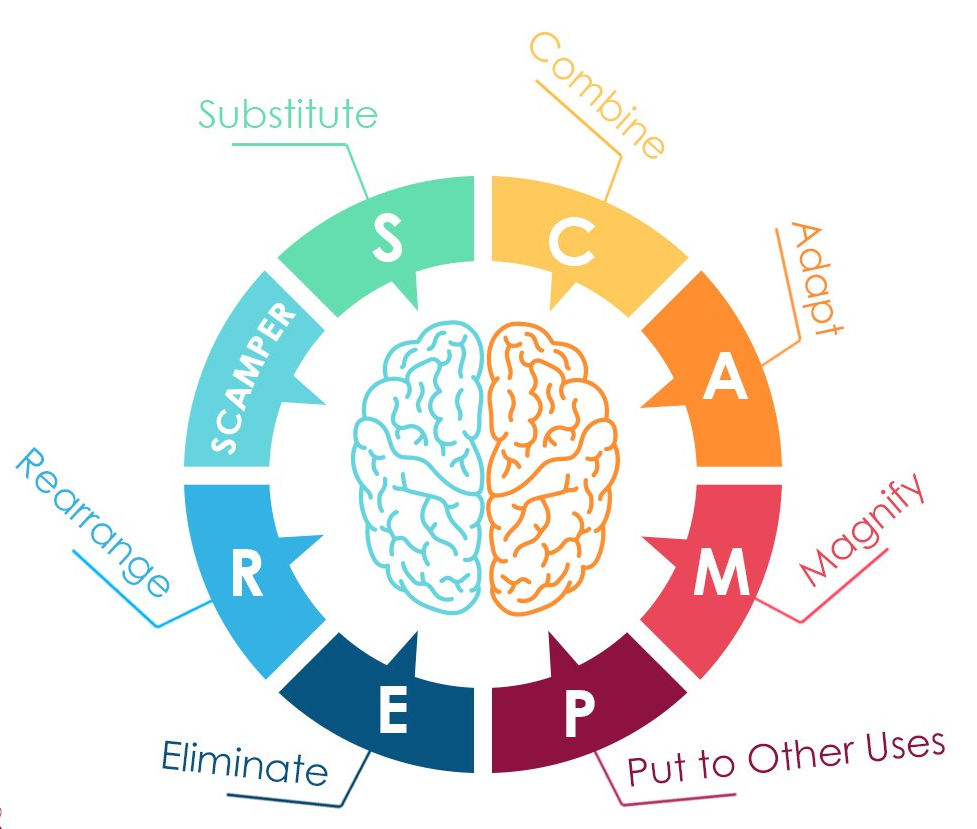


 Photo by fotografierende via Pexels
Photo by fotografierende via Pexels Photo by Quang Nguyen Vinh via Pexels
Photo by Quang Nguyen Vinh via Pexels Photo by Sharon McCutcheon via Pexels
Photo by Sharon McCutcheon via Pexels
 Photo by Pixabay via Pexels
Photo by Pixabay via Pexels Photo by Kaboompics .com from Pexels
Photo by Kaboompics .com from Pexels Photo by Skitterphoto via Pexels
Photo by Skitterphoto via Pexels Photo by Hannah Nelson from Pexels
Photo by Hannah Nelson from Pexels Photo by Pixabay from Pexels
Photo by Pixabay from Pexels Photo by Dark Indigo from Pexels
Photo by Dark Indigo from Pexels
